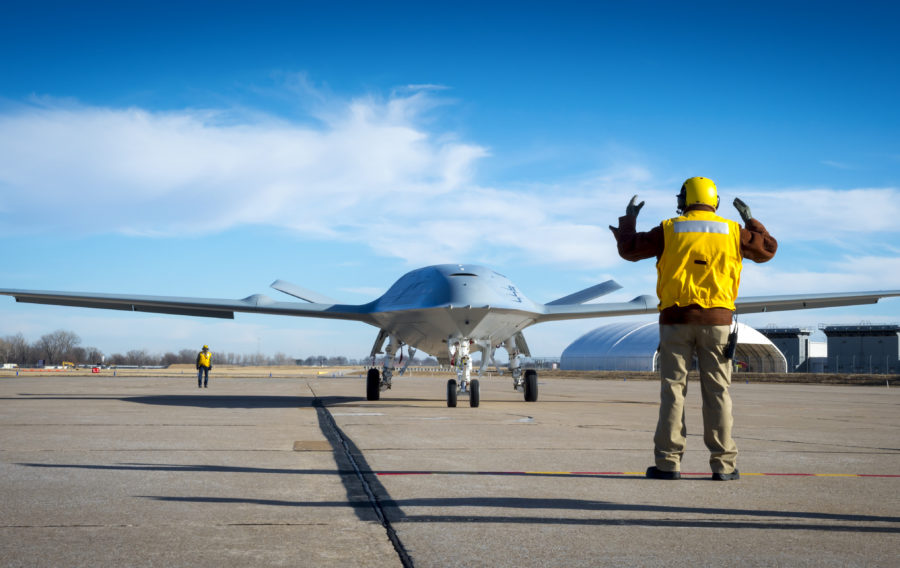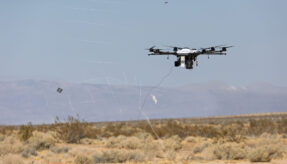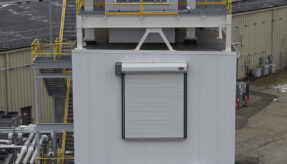
Boeing will deliver the first operational carrier-based unmanned aircraft – the MQ-25 aerial refueler – to the US Navy, fending off rival bids from Lockheed Martin and General Atomics.
Having won the coveted $805 million contract, Boeing will undertake MQ-25 construction at a site in St. Louis, Missouri. Here, engineering and manufacturing works will take place to develop an initial compliment of four unmanned aircraft.
For the uninitiated, the MQ-25 concept was designed to provide the US Navy with much-needed refueling capabilities. According to the US Navy, the MQ-25 Stingray will allow for wider use of the combat strike fighter, extending the current range of deployed Boeing F/A-18 Super Hornet, Boeing EA-18G Growler, and Lockheed Martin F-35C aircraft. MQ-25 will also integrate seamlessly with a carrier’s catapult and launch and recovery systems.
“As a company, we made an investment in both our team and in an unmanned aircraft system that meets the US Navy’s refueling requirements,” said Leanne Caret, President and CEO of Boeing Defense, Space & Security. “The fact that we’re already preparing for first flight is thanks to an outstanding team who understands the navy and their need to have this important asset on carrier decks around the world.”
If you would like to join our community and read more articles like this then please click here.
Boeing General Atomics Lockheed Martin MQ-25 Stingray US Navy







